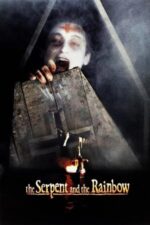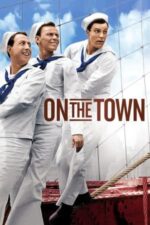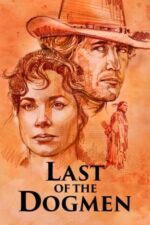Beyond the Lab Coat: When Anthropology Meets Cinema
Isn't it fascinating how often we see "experts" – scientists, historians, doctors – pop up in films? They’re not just props; they offer a lens through which stories are refracted, and sometimes, they become central characters themselves. Today, I want to talk about one particular profession that consistently provides fertile ground for cinematic exploration: the anthropologist.
Now, when we think of anthropology, we might picture Indiana Jones raiding ancient temples (and while that’s a kind of adventure!), the field is actually far more nuanced – a study of humanity, past and present. And cinema has seized on both the potential for thrilling narratives and insightful commentary this offers.
Take Gargoyles, for example. While it's squarely in monster movie territory, the initial premise hinges on an archaeological dig and the "scientific" investigation of a bizarre discovery. It’s a playful nod to the real-world anthropologist’s role as someone tasked with uncovering hidden histories – even if those histories involve stone creatures come to life!
Then you have films like Beach Party, which takes a decidedly different approach. Here, anthropology isn't about unearthing ancient civilizations; it's used (perhaps clumsily by today's standards) to "study" teenage culture. It’s a fascinating – and often hilarious – example of how anthropological methods can be applied to seemingly mundane social groups. I remember seeing this as a kid and being utterly bewildered by the professor’s detached observation, but now I appreciate it as a commentary on cultural difference and the inherent biases in any form of study.
But anthropology in film isn't always about quirky observations or monster hunts. Horror Express uses the framework of an expedition to explore themes of scientific hubris and the dangers of disturbing what should remain buried – both literally and figuratively. And in The Haunting, Dr. Markway’s approach, however flawed, represents a desire to understand phenomena beyond the realm of conventional explanation.
Perhaps my favorite example is Bimboland. This film really digs deep (pun intended!) into the complexities of identity, research, and personal entanglement. The anthropologist's journey – literally transforming herself to infiltrate a subculture – raises profound questions about objectivity, representation, and the ethics of ethnographic study. It’s a clever twist on the classic “going native” trope, forcing us to consider who gets to define "normal" and how our own biases shape our understanding of others.
Ultimately, films featuring anthropologists offer more than just entertainment; they invite us to reflect on our place in the world, the stories we tell ourselves about history and culture, and the often-complicated relationship between observation and participation. So next time you see a character with a notebook and a curious gaze, consider – what are they really trying to understand?
What films featuring experts or researchers have stuck with you, and why? Let’s chat in the comments!


































